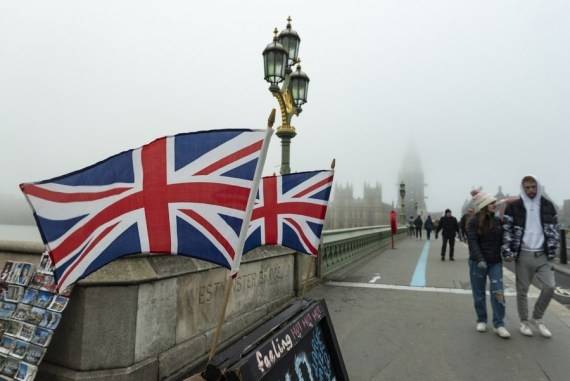The judge is overseeing the so-called “consistory court” session, independent civil proceedings that are to include the questioning of expert witnesses…reports Asian Lite News
A university college in the United Kingdom has asked a judge to allow the removal from its chapel of a memorial to a historical donor implicated in the slave trade.
The hearing that opened on Wednesday will be held for several days at the University of Cambridge.
The university’s Jesus College wants to take down an ornate marble plaque commemorating Tobias Rustat, a 17th-century slave-trade investor and significant donor to the college, which is fixed to the wall of its chapel.
Rustat, a courtier to King Charles II, was also an investor in the Royal African Company, which transported nearly 150,000 slaves, and took part in running the company.
The college said he “had financial and administrative involvement in the trading of enslaved human beings over a substantial period of time”.
It wants to move the plaque, featuring a portrait of Rustat, and display it in an archive room with information giving historical context. Its academics have voted in favour.
Because the memorial is in a religious building, a church-appointed judge will rule on the fate of the plaque at an ecclesiastic court hearing held in the chapel itself.
The judge is overseeing the so-called “consistory court” session, independent civil proceedings that are to include the questioning of expert witnesses.
Such hearings are rare, and usually concern church buildings.
The college argues the monument “represents a celebration” of Rustat, and its current location inside the chapel on its west wall may stop people worshipping there.
A group of graduate students stood outside the chapel on Wednesday, holding placards with slogans backing the college’s plan: “Moving not erasing” and “Churches are people not marble”.
“The Rustat memorial is an obstruction to the whole college community enjoying the use of the Chapel,” said one student, who declined to give his name.
The college chapel’s dean James Crockford said the college acted due to “heightened feelings” about the memorial, with some students “disturbed and upset by being faced with it”.
“The inscription on the memorial behind me focuses very much on the financial virtues of Tobias Rustat,” he said.
However, some alumni and descendants of Rustat have opposed its removal, arguing his donations were not money earned from slavery.
ALSO READ-Boris slams criticism as party allegations escalate
